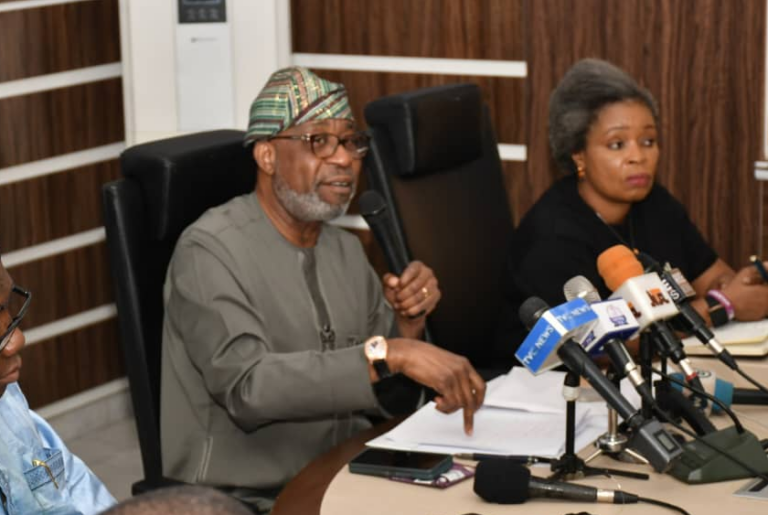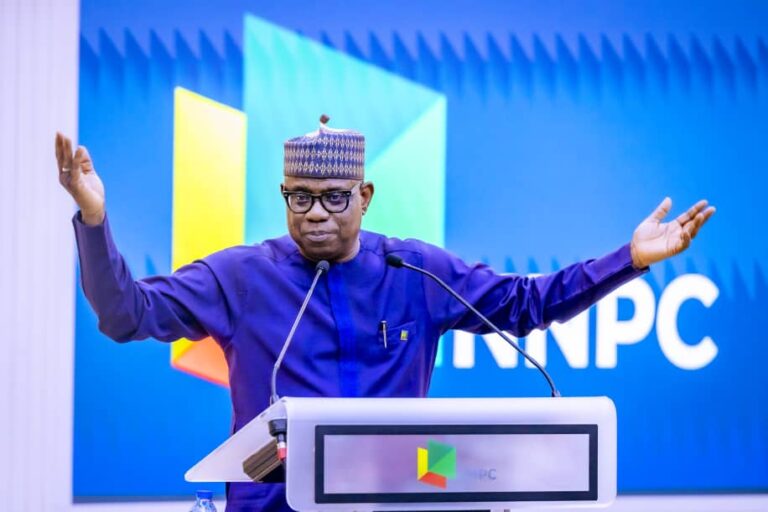By Geoff Sinclair
COP27 – the world’s most important climate conference – is under way in Egypt, with billions of people across the globe pinning their hopes on leaders for decisive action on climate change and its impacts.
If COP26 last year in Glasgow was about big pledges from governments and big business to provide a pathway to the goals of the Paris Agreement and enable a net-zero world by mid-century, then a successful COP27 has to be about finding out exactly how nations and corporations are planning to turn their promises into action.
And with COP27 taking place this year in Africa, the conference must also serve to highlight the African experience of climate change and how wealthier nations need to do much more to help countries reduce emissions and cope with the consequences of our changing world.
The ultimate aim of COPs – or Conferences of the Parties – is to drive the actions necessary to limit the impacts of climate change and restrict global temperature rises to within 1.5°C above pre-industrial levels. And the stakes could not be higher, with the IPCC estimating that if temperatures rise by 1.7°C to 1.8°C then half of the world’s population could be exposed to life-threatening heat and humidity. They have already risen by 1.1°C.

Africa to draw attention to climate mitigation and adaptation needs at COP27
While every person alive has experienced the impacts of our warming planet one way or another, there are many who suffer them worse than others, either because they live on the frontline of climate change, lack the resilience to cope with those impacts, or – as is often the case – both.
This is no truer than in many parts of Sub-Saharan Africa, which is one of the world’s regions most vulnerable to climate change. According research by the World Meteorological Organisation (WMO), water stress, persistent droughts and devastating floods are having a profound effect on African communities, economies and ecosystems that is threatening to destabilise countries and entire regions. And in June, it was reported that 17 million people faced acute food insecurity in east Africa because of drought.
Africa’s governments will certainly be using COP27 to draw attention to these worsening impacts and of the need for much greater support for mitigation and adaptation from wealthier nations. And so they should, not just for humanitarian reasons but because these wealthier nations are chiefly responsible for the state of the climate as it is.
COP27 will only be a success for African nations if they secure the technical support and funding needed to cut emissions and prepare for and deal with climate change.
Furthering the climate conversation
Several of Camco’s senior team will be in Sharm el-Sheikh this week and next to take an active role at COP27 and I am delighted that we will be teaming up with ESI Africa again this year to share our experiences from on the ground at the conference.
As a climate and impact fund manager with over 30 years of experience in sustainable finance and on-the-ground value generation, Camco is well-placed to further some of the conference’s most significant conversations around climate finance and the role of the private sector in delivering climate action across Africa and other emerging markets.
Through our role as the manager of the UK government-funded Renewable Energy Performance Platform (REPP), we have proven how innovating within recognised finance structures and taking calculated risks can have a transformative impact and we are looking forward to sharing our knowledge and experiences at COP27.
Using the senior team’s considerable experience from previous COPs and our partner networks, we have developed a busy schedule of events in the Blue Zone in support of the four priority focus areas of enhanced mitigation, adaptation finance at scale, reliable climate finance and strong partnerships as identified by the Egyptian Presidency.
COP27 schedule
On Wednesday, for example, we will be looking at how Camco has been drawing on its strong local presence and knowledge in Africa in designing a new programme to support adaptation through climate-smart agriculture in Southern Africa. And next Monday (14 November) we will be putting our learnings and experiences as REPP’s manager to the test as we examine the evolving investment landscape for renewable energy in Africa.
Camco will also be teaming up with the Government of Lesotho to share our collective experiences and perspectives on scaling access to climate finance in emerging markets at a co-organised event at the Locally Led Adaptation Pavilion next Tuesday (15 November).
Between these Camco-led sessions, our COP27 team will be making guest appearances at several high-level discussions throughout the conference, including what promises to be a fascinating debate on increasing climate ambition through cooperation under Article 6.2 at the UNDP Pavilion on this coming Saturday. And I am personally delighted to be joining an AfDB-organised discussion on the role role of SEFA in promoting renewable energy for climate action and economic transformation in Africa on the following Tuesday (15 November).
•Geoff Sinclair is the Managing Director at Camco.
Source: ESI Africa









Your point of view caught my eye and was very interesting. Thanks. I have a question for you.